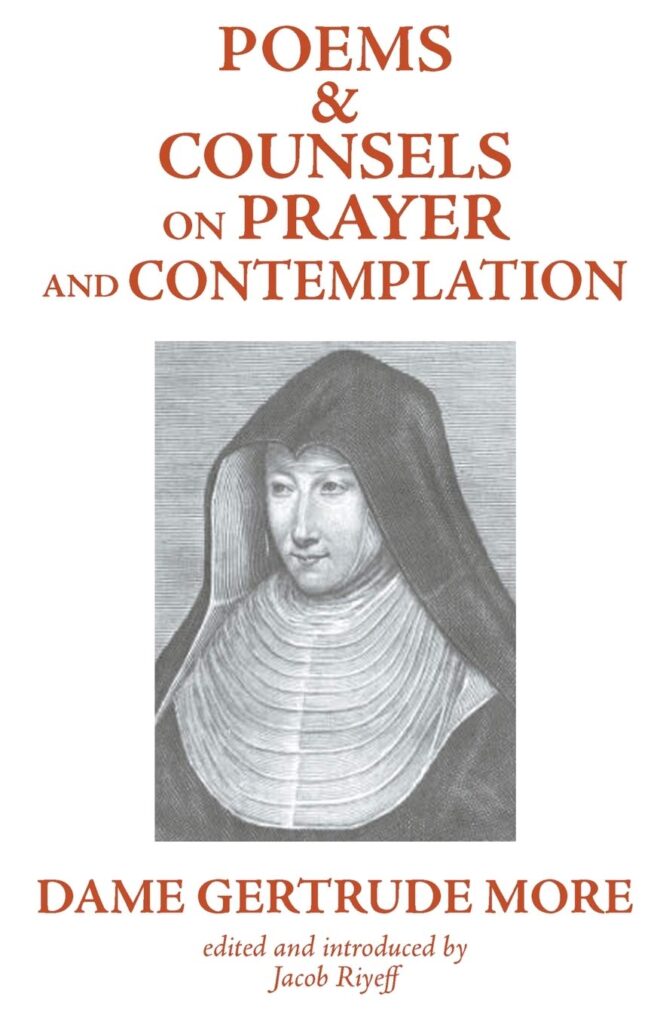
Archives

Ermita Espana


Secular poetry
I am posting something different, a poet I struggle with. Charles Bukowski, for me, is a seminal post-modern American poet. An alcoholic who celebrated his alcoholism, an outcast, a man who rejected intellectualism and academia; his perseverance and dedication to his poetry produced a body of work that could not be ignored. A relevant persona representing the post-WW II American artistic, Pop Culture, rock-n-roll mind—indulgent and crass; decadently reveling in failure and the mundane, able to reject reputation and conformity. He possessed the courage to stand alone, rejecting the shoulders of giants, prolific with his pen. However, the man ventured into the grotesque, the sensual, the crude, while unable to master discipline, peace, obedience, or a quiet voice. Stillness was unknown. Refinement blocked. Appetites mastered him. Insatiable and pleasure seeking. Clairvoyant to a degree, his poetry is the foolish voice of the court jester. The fool is a vital psychological element, a call to go beyond normality, the willingness to turn everything upon its head, the bravery to be disdained, the ability to endure suffering in order to gain something greater. I recall a medieval axiom regarding a court jester: it’s an easy job to attain, yet a hard one in which to keep one’s head. The idea being that a court jester could quickly entertain the king with his penetrating humor, however it would not be long before the king wearied of the fool’s humor, removed his head. Bukowski possessed a dangerous mind. Dangerous minds are dangerous. Pandora’s box once opened cannot be closed. Uzzah was struck dead for thoughtlessly touching the Ark of the Covenant. Certain things should not be touched. Life is serious even if the court jester is a funny wise fool. Bukowski wrote a short story that paralyzed me with its corruptness. The overwhelming reality that he went too far, drowned himself in the evil influence of alcohol—demonic, forced me to close him off. He could be observed as an example, his words at times striking the profound, yet the reality of defeat must also register. I came across this poem online, and felt called to share it.
The Genius of the Crowd
there is enough treachery, hatred violence absurdity in the average
human being to supply any given army on any given day
and the best at murder are those who preach against it
and the best at hate are those who preach love
and the best at war finally are those who preach peace
those who preach god, need god
those who preach peace do not have peace
those who preach peace do not have love
beware the preachers
beware the knowers
beware those who are always reading books
beware those who either detest poverty
or are proud of it
beware those quick to praise
for they need praise in return
beware those who are quick to censor
they are afraid of what they do not know
beware those who seek constant crowds for
they are nothing alone
beware the average man the average woman
beware their love, their love is average
seeks average
but there is genius in their hatred
there is enough genius in their hatred to kill you
to kill anybody
not wanting solitude
not understanding solitude
they will attempt to destroy anything
that differs from their own
not being able to create art
they will not understand art
they will consider their failure as creators
only as a failure of the world
not being able to love fully
they will believe your love incomplete
and then they will hate you
and their hatred will be perfect
like a shining diamond
like a knife
like a mountain
like a tiger
like hemlock
their finest art

The Fool
Brothers and sisters:
Let no one deceive himself.
If anyone among you considers himself wise in this age,
let him become a fool, so as to become wise.
For the wisdom of this world is foolishness in the eyes of God,
for it is written:
God catches the wise in their own ruses,
and again:
The Lord knows the thoughts of the wise, that they are vain.
So let no one boast about human beings, for everything belongs to you,
Paul or Apollos or Cephas,
or the world or life or death,
or the present or the future:
all belong to you, and you to Christ, and Christ to God.
1st Corinthians

The Living Flame of Love
O living flame of love
that tenderly wounds my soul
in its deepest center! Since
now you are not oppressive,
now consummate! if it be your will:
tear through the veil of this sweet encounter!
O sweet cautery,
O delightful wound!
O gentle hand! O delicate touch
that tastes of eternal life
and pays every debt!
In killing you changed death to life.
O lamps of fire!
in whose splendors
the deep caverns of feeling,
once obscure and blind,
now give forth, so rarely, so exquisitely,
both warmth and light to their Beloved.
How gently and lovingly
you wake in my heart,
where in secret you dwell alone;
and in your sweet breathing,
filled with good and glory,
how tenderly you swell my heart with love.
St John of the Cross


A poem to St Benedict, homage to the sanctity of the religious life, an art being lost
To our most Holy Father Saint Benedict 1658
Most glorious Father, in whose School
I live and hope to die,
God grant I may observe thy Rule,
For in that all doth lie.
For no perfection can be named,
Which us it doth not teach.
O happy she, who in her soul,
The sense thereof doth reach!
But many praise Obedience
And thy humility,
And yet conceive not as they should,
What either of them be.
The simple humble loving souls
Only the sense find out
Of any discreet, obedient Rule,
And these are void of doubt.
Yea, under shadow of thy wings
They up to heaven fly,
And taste here in this vale of tears
What perfect peace doth lie,
Hid in performance of thy Rule
That leadeth unto heaven;
O happy souls who it perform,
The ways so sweet and even!
By Prayer and Patience it’s fulfilled,
Charity, Obedience,
By seeking after God alone,
And giving none offense.
The more I look upon thy Rule,
The more in it I find;
O do to me the sense unfold,
For letter makes us blind!
And blessed, yea, a thousand times,
Be thou who it hast writ,
And thy sweet blessing give to them,
Who truly perform it.
For those are they which will conserve
This house in perfect peace,
Without which all we do is lost,
And all that’s good will cease.
And praised be our glorious God,
Who gave to thee such grace,
Not only him thyself to seek,
But also out to trace
A way so easy and secure,
If we will but thee hear,6
To have relation to our God,
Who is to us so near.
For at this thou dost chiefly aim:
That God our souls do teach.
O if we did truly obey,
He would by all things preach
His will to us by everything
That did to us befall;
And then as thou desir’st it should
He would be all in all
pray dear Father that he ever be,
our only love and all eternally. Amen


Humility, the means to ascend
Holy Scripture, brethren, cries out to us, saying, “Everyone who exalts himself shall be humbled, and he who humbles himself shall be exalted.” In saying this it shows us that all exaltation is a kind of pride, against which the Prophet proves himself to be on guard when he says, “Lord, my heart is not exalted, nor are mine eyes lifted up; neither have I walked in great matters, nor in wonders above me.” But how has he acted? “Rather have I been of humble mind than exalting myself; as a weaned child on its mother’s breast, so You solace my soul.”
Hence, brethren, if we wish to reach the very highest point of humility and to arrive speedily at that heavenly exaltation to which ascent is made through the humility of this present life, we must by our ascending actions erect the ladder Jacob saw in his dream, on which Angels appeared to him descending and ascending. By that descent and ascent we must surely understand nothing else than this, that we descend by self-exaltation and ascend by humility. And the ladder thus set up is our life in the world, which the Lord raises up to heaven if our heart is humbled. For we call our body and soul the sides of the ladder, and into these sides our divine vocation has inserted the different steps of humility and discipline we must climb.
St Benedict “Rule of Benedict”



Recent Comments